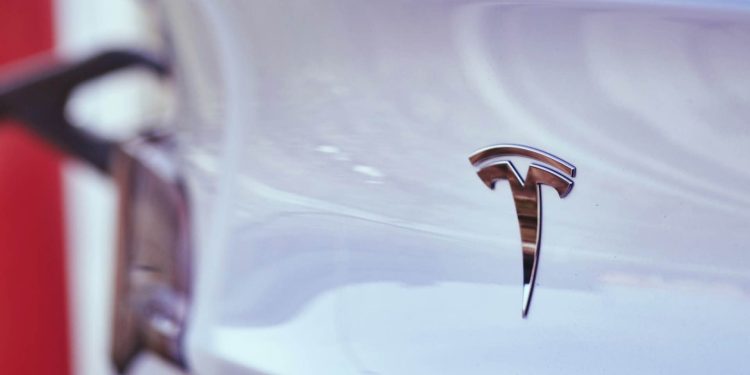Tesla told to pay up in case where driver admitted fault
Words/Images NZ Autocar
A Miami jury decided that Tesla was partly responsible for a deadly crash involving Autopilot driver assist technology. The company must now pay the victims more than N$NZ400m in damages.
The federal jury held that Tesla bore significant responsibility because its technology failed. Not all the blame can be put on the driver who was looking for his dropped cell phone at the time. The Tesla plowed into a parked vehicle with two aboard.
The car had passed through flashing lights, a stop sign and a T-intersection at 96km/h before hitting a parked Chevrolet Tahoe that the young couple were in. One of the occupants died at the scene, and the other was left with broken bones and a traumatic brain injury. Similar cases against Tesla have been dismissed or settled out of court.
The decision comes as Tesla is rolling out a driverless taxi service in several US cities in the coming months.
An expert in the area felt that this “will embolden a lot of people to come to court.”
Lawyers for the family of the deceased claimed Tesla either hid or lost key evidence, including data and video recorded seconds before the accident. Tesla said it made a mistake after being shown the evidence which was discovered by a forensic data expert. Evidently the company had the data, despite its repeated denials.
The victim’s sister said after the verdict: “We finally learned what happened that night, that the car was actually defective.
“Justice was achieved.”
Tesla replied: “Today’s verdict is wrong…and only works to set back automotive safety. It jeopardises Tesla’s and the entire industry’s efforts to develop and implement lifesaving technology”. They said the plaintiffs concocted a story “blaming the car when the driver – from day one – admitted and accepted responsibility”.
Tesla said it will appeal the decision.
It’s unclear how much of a hit to Tesla’s safety reputation the verdict in the Miami case will have. Tesla has improved its technology significantly since the 2019 crash.
The driver of the Tesla said: “I trusted the technology too much.
“I believed that if the car saw something in front of it, it would provide a warning and apply the brakes.”
The auto industry has been monitoring the case closely because a finding of Tesla liability despite a driver’s admission of reckless behavior would pose significant legal risks for the development of autonomous driving technology.





